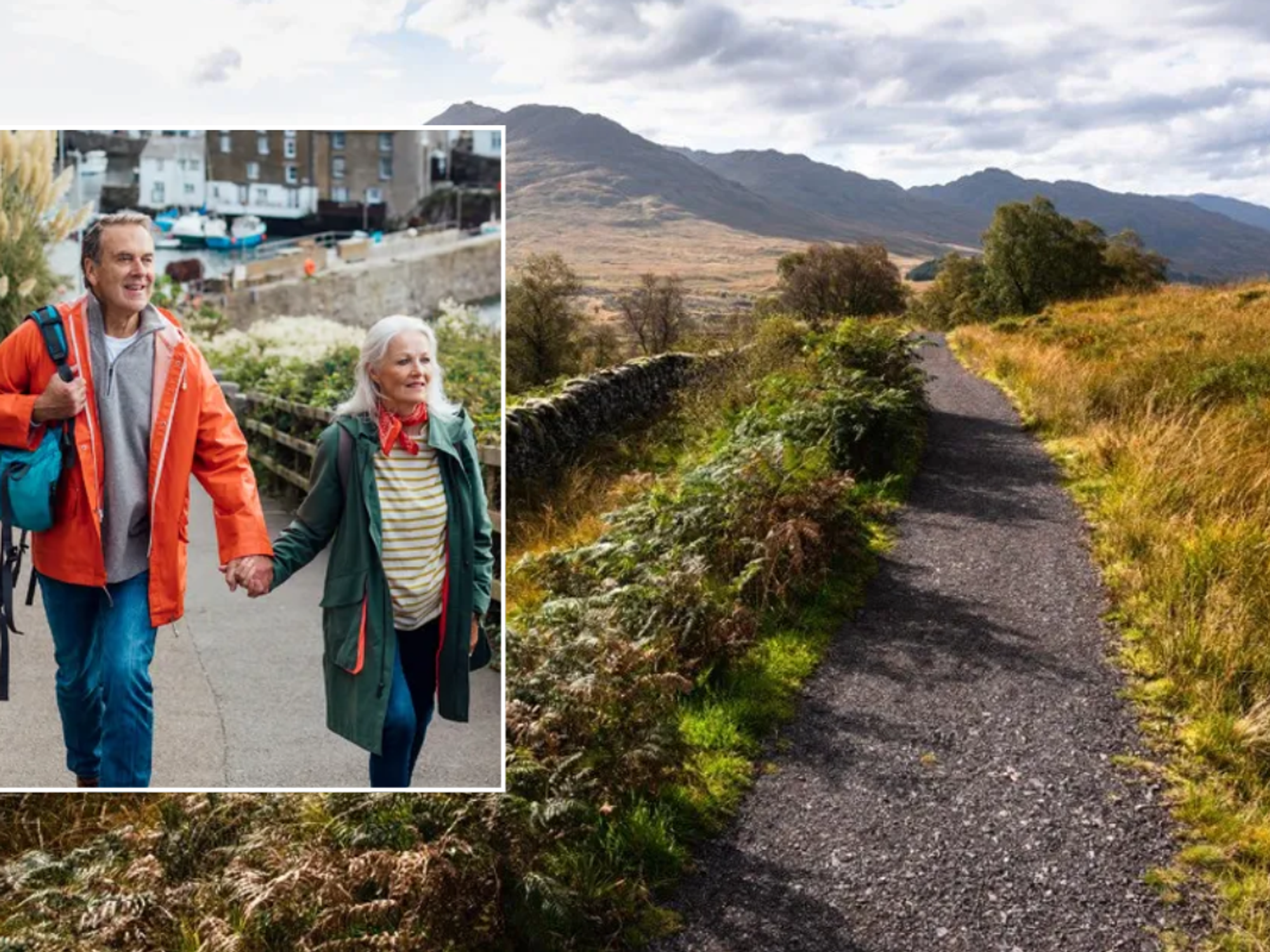It's time we take off our kid gloves and address why young men are attracted to the West - Colin Brazier
OPINION: The West is often presented as a wonderland of hedonism to young migrant men from socially conservative backgrounds, writes broadcasting veteran Colin Brazier
Don't Miss
Most Read
Latest
In Africa and parts of Asia to be a woman is to have lost the lottery of life. In countries like Somalia or Pakistan, female human rights are something that happens in the West. A luxury as unattainable as a new Mercedes or iPhone.
You’d think, given how especially wretched life is for women in the ‘Global South’, that the small boats crossing the Channel would be full of them. Instead, they are predominantly packed with men. Young men.
In so far as we think about this at all, we assume that only the male of the species is capable of risking a journey replete with danger. That women may be more reluctant than their menfolk to leave family behind. That illegal employment opportunities delivering fast food, washing cars or cutting hair will be more common over here for men than for women.
Academics talk about ‘push’ and ‘pull’ factors influencing migration decisions. A ‘push’ factor could be a civil war forcing people to flee. A ‘pull’ factor might be an existing diaspora or family in the UK.

The promise of sexual freedom is attracting young men to the West, writes Colin Brazier
|Getty Images
But how much of a factor is the promise of sexual freedom?
The thought first occurred to me in 2015 while reporting on the massive migrant flows into Europe encouraged by the German Chancellor Angela Merkel. I’d travelled with a camera crew from Hungary to Croatia and Serbia and, finally, to Greece. On the island of Lesbos, where many migrants disembarked, I watched a group of young men taking turns to dive into the harbour. Perhaps they were Kurds escaping conflict. Maybe they were Moroccans in search of riches. I have no idea. What was obvious was that they were energetic young men having fun.
To a man, they also all had mobile phones. Read any article about the impact of smartphones on young men.
As I stood on that Greek harbour side I thought about an interview I’d done four years earlier for Sky News. It was with the former Labour Home Secretary Jack Straw. The then MP for Blackburn was responding to the jailing of two Pakistani-heritage men for being part of what we would later learn to call ‘rape gangs’.
Straw said the men were “fizzing and popping with testosterone” and their “outlet” was young white girls. They saw them as “easy meat”.
How much, I wondered, were young men abandoning their socially conservative homelands - not because of persecution - but because of the siren call of sexual liberation. The West as presented to them online. A wonderland of hedonism, where sex isn’t something that has to wait for an arranged marriage, but can be accessed instantly and unconditionally.
Of course, you’d have been more likely to fly to the moon under your own steam than find this idea being turned over by the mainstream media in 2015. The Syrian migrant crisis was my own red pill moment. I saw how colleagues in the MSM suspended their scepticism about what was motivating hundreds of thousands of young men to head to Europe. They could only be Syrian refugees. When the dust settled, we learned that, in fact, fewer than half were.
At the time everybody wanted to interview the handful of female English-speaking migrants. Nobody heard from the many men who didn’t want to appear before the cameras. What was their background, their motivation? We never found out. Incuriosity abounded.
I say all this having just watched a remarkable piece of television. The sort of TV that couldn’t have existed in 2015. A documentary on YouTube.
In it, the interviewer dares to make a link unthinkable under the omertà of MSM. She notes that in 2013 there were 16,000 reported rapes in England and Wales, but by 2022 that number had risen to 69,000 - a rise of more than 400 per cent.
She interviews an Egyptian woman who notes that in her home country, 99.3 per cent of women report being sexually assaulted, and wonders if her countrymen will really suddenly become paragons of Western consent the moment they live in Europe.
She also talks to a liberal Muslim woman from the UK who wonders if the Koran encourages young men to see non-Muslim women as ‘war booty’ or, at the very least, fair game to be predated upon.
She produces a compelling case for more transparency in the UK and cites graph after graph from other European countries, whose statistical agencies do log crimes by ethnicity or nationality. Not just recording - as we do - the heritage of victims, but perpetrators too.
She points to data from Germany showing that between 2017 and 2021, Afghan and Pakistani men were 16 times more likely to be implicated in rape than ethnic Germans. And in Sweden, more than half of rapes are committed by those born abroad. In cases where the victim did not know the attacker - so-called stranger rape - the figure rises to 85 per cent.
That we are now talking about the dangers potentially posed by undocumented males to British women is a success story for independent online media.











